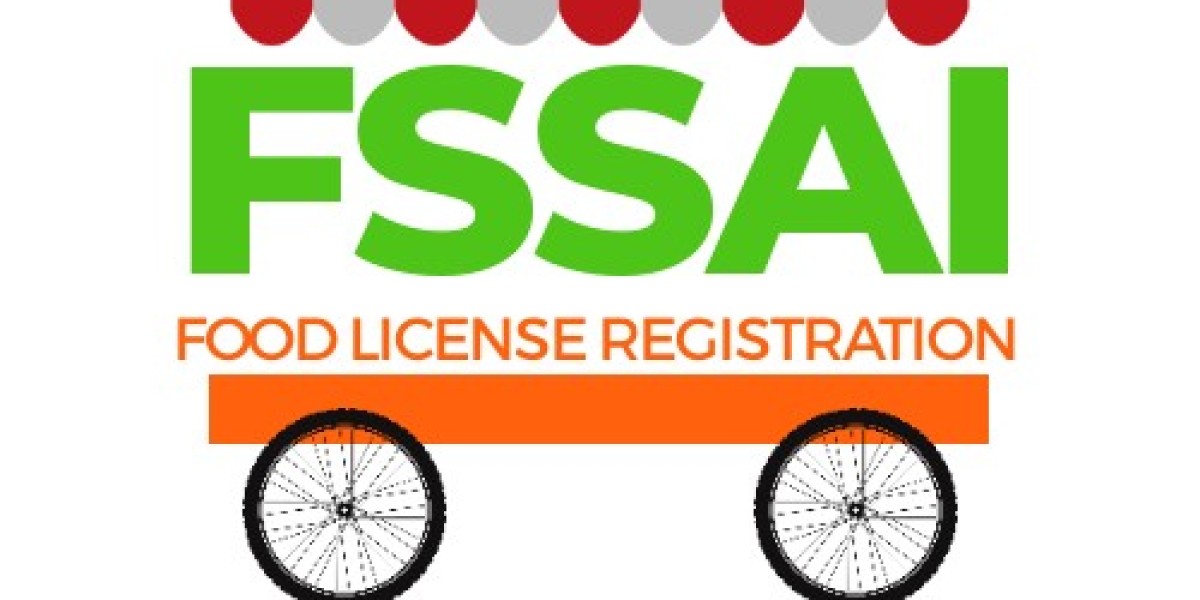Food Safety and Standards Authority of India (FSSAI) registration is essential for anyone involved in the food business. It ensures compliance with the established standards for food safety and promotes public health. This guide will walk you through the steps required to obtain your FSSAI license and registration.
Why is FSSAI Registration Important?
FSSAI registration is a legal requirement for food businesses in India. It ensures that:
Food products meet safety standards.
Customers trust your brand.
Businesses comply with government regulations.
Failure to register can lead to legal penalties, fines, or the closure of your business.
Types of FSSAI Licenses
There are three types of FSSAI licenses based on the size and nature of the food business:
1. Basic FSSAI Registration
Applicable for small food businesses with an annual turnover of less than INR 12 lakhs.
Common for small retailers, petty manufacturers, and food vendors.
2. State FSSAI License
Required for medium-sized businesses with an annual turnover between INR 12 lakhs and INR 20 crores.
Suitable for manufacturers, storage units, transporters, and more.
3. Central FSSAI License
Necessary for large-scale businesses with a turnover exceeding INR 20 crores or those operating across multiple states.
Applicable to importers, exporters, and large manufacturers.
Step-by-Step Process for FSSAI Registration
Step 1: Determine the Type of License
The first step is identifying whether your business requires a basic registration, state license, or central license. This depends on your turnover and scale of operations.
Step 2: Gather Required Documents
Prepare the following documents:
Identity proof (e.g., Aadhaar, PAN card).
Passport-sized photographs.
Proof of business address (e.g., utility bills, rental agreements).
Food safety management plan.
Additional documents, such as a manufacturing unit blueprint, may be required for higher licenses.
Step 3: Register on the FSSAI Portal
Visit the official FSSAI portal and create an account. Log in to access the FSSAI registration form.
Step 4: Fill Out the Application Form
Provide accurate details about your business, including:
Business name and address.
Type of business activity.
Contact information.
Annual turnover.
Step 5: Submit the Application and Pay Fees
Once the form is completed, submit it along with the required documents. Pay the applicable fee based on the type of FSSAI license you need.
Step 6: Inspection and Approval
The FSSAI authority may conduct an inspection of your premises to verify the information provided. Upon successful inspection and review, you will receive your FSSAI license or registration.
How Long Does the Process Take?
Basic registration: Typically processed within 7 days.
State or central license: May take up to 30 days, including inspections.
Benefits of FSSAI Registration
Enhanced credibility among customers.
Legal protection and avoidance of penalties.
Access to new business opportunities, including partnerships and exports.
Conclusion
Obtaining an FSSAI license is crucial for any food business in India. Following this step-by-step guide ensures a hassle-free FSSAI registration process. Not only does it establish your credibility, but it also demonstrates your commitment to providing safe and quality food products.








